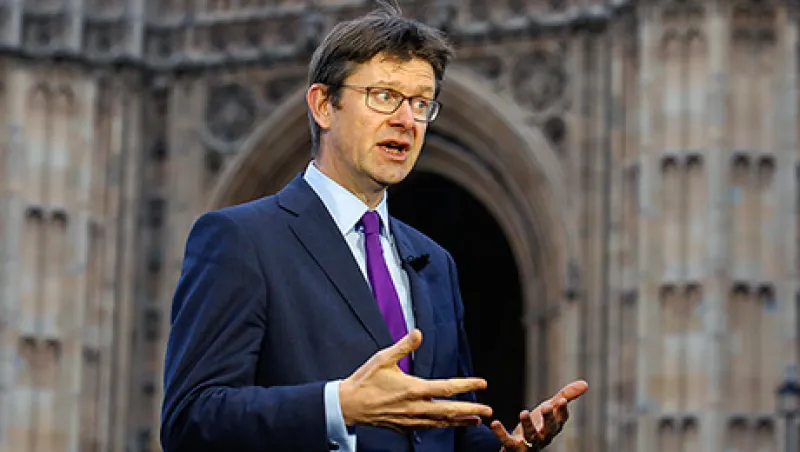
U.K. to List Companies with Pay Packages Opposed by Investors
Investors’ concern over boardroom pay has led to a series of reforms by the U.K. government.
Joe McGrath
August 29, 2017



